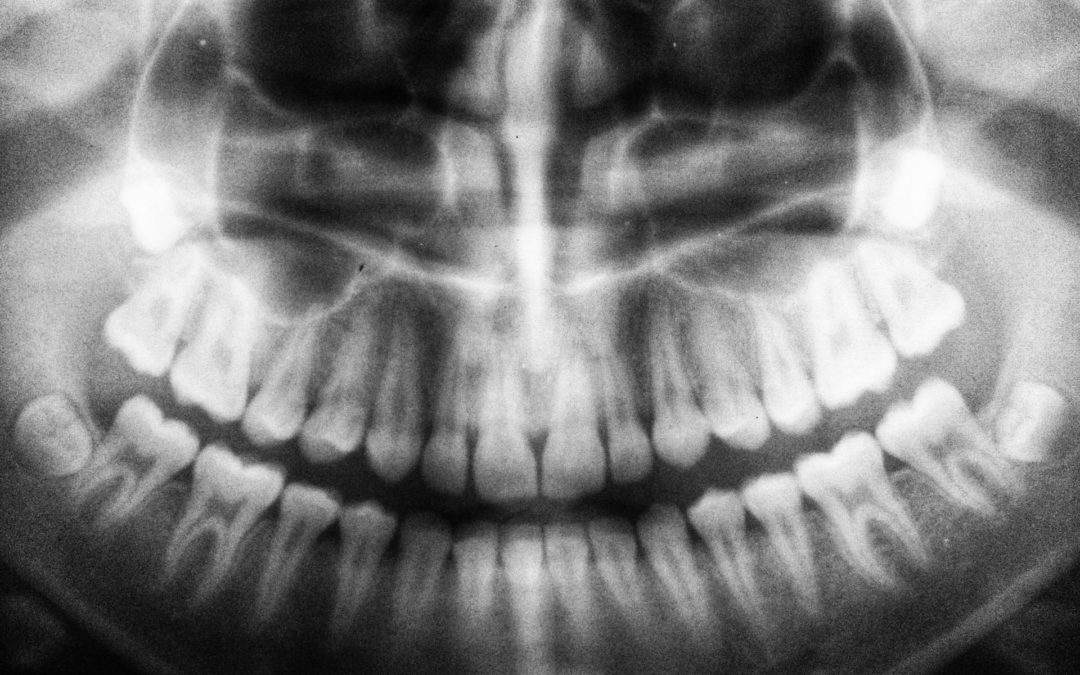Our back teeth (molars) help us grind our food into easily swallowable pulp. Many of us have two sets of molars, which means that we have four molars on our upper jaws and four molars on our lower jaws. But, most of us are also born with a third set of molars, known as wisdom teeth. While some patients never have issues with their third molars, some patients may require wisdom teeth removal.
Even if your third molars have never erupted, you may still require surgery to remove them. If you think that you might need wisdom teeth removal, then call (630) 296-9916 or contact Dr. Thomas F. Brown and his team in Naperville, IL, here to get speedy treatment.
In this post, we answer some of your questions about wisdom teeth. From preparation to aftercare, we tell you everything you need to know.
Why should I get my wisdom teeth removed?
Even if your wisdom teeth never break through the gums, they may be causing undercover drama in your smile. A third set of molars can:
- Create spacing and crowding issues
- Cause chronic pain
- Lead to repeated infections
- Cause cysts at the back of the mouth
- Worsen jaw tumors
- Damage neighboring teeth
- Lead to worsening cavities and gum disease
Removing unnecessary molars gives patients a comfortable, healthy, and functional smile without affecting their speaking, chewing, and smiling abilities.
I only see two sets of molars. Where are my wisdom teeth?
Not every person is born with a set of third molars. In fact, experts estimate that roughly 35% of the population is born without wisdom teeth. And, indeed, research suggests that more and more children are being born without a third set of molars, pointing to what many experts call a microevolution.
But, even if you cannot see a third set of molars, they may still be there. Luckily, dental x-rays can help our team locate pesky molars hidden underneath gum tissue.
Does wisdom teeth removal count as oral surgery?
Wisdom teeth removal often requires oral surgery, especially if the molars have not erupted. Our team ensures your ultimate comfort by using sedation dentistry solutions, like:
- Prescription-strength numbing gels
- Local or general anesthesia
- Nitrous oxide
- IV sedation
How do I prepare for wisdom teeth removal?
Preparation largely depends on the extent of the procedure. For example, an in-depth surgery may require general anesthesia, which means that patients must fast for approximately 12 hours before surgery.
Nevertheless, here are common ways that we recommend preparing for your upcoming procedure:
- Arrange for a ride home
- Get plenty of rest the night before
- Take any antibiotics as prescribed
- Stop using tobacco and alcohol for approximately 48 hours beforehand
- Brush, floss, and swish with an antiseptic mouthwash before your appointment
How do I care for myself after oral surgery?
After getting your third molars removed, rest and recovery are key. We recommend:
- Limiting activity for approximately 72 hours
- Taking over-the-counter painkillers, like acetaminophen
- Applying ice packs to the sides of the face
- Eating softer foods
- Staying away from overly hot, acidic, sugary, and spicy foods
- Avoiding straws for roughly one week
- Continuing gentle oral hygiene practices, like twice-daily brushing and once-daily flossing
Wisdom Tooth Removal in Naperville, IL
Don’t wait for your wisdom teeth to wreak havoc on your smile – contact Dr. Thomas Brown today to get lasting treatment. All patients can reach us online here, or they may call our Naperville dental office at (630) 296-9916 to get started.

